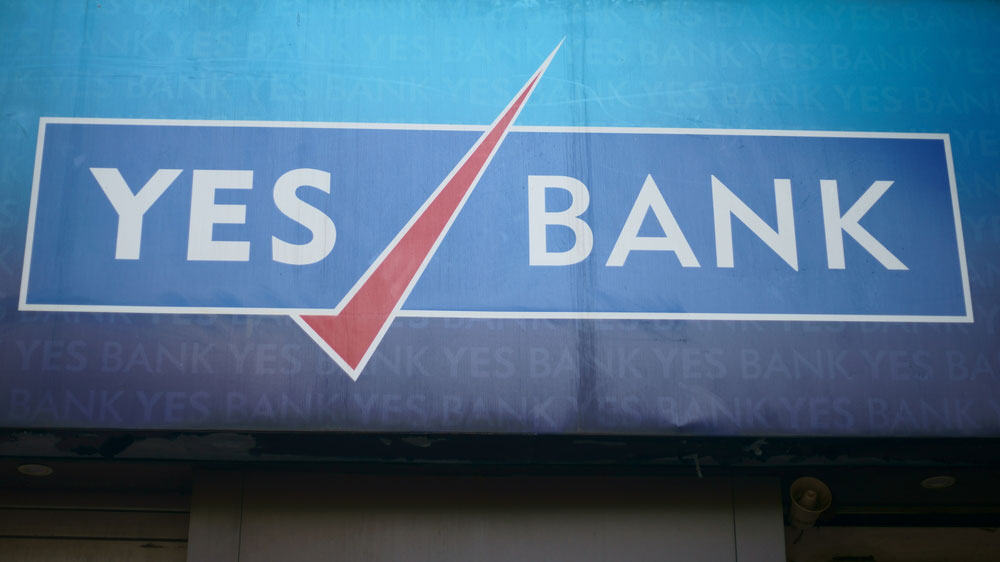Yes Bank has reportedly approached the Supreme Court, challenging an order of the Bombay High Court which set aside the March 2020 decision of the private sector lender to write-down additional Tier 1 bonds (AT1) bonds worth Rs 8,400 crore.
Yes Bank is maintaining that its administrator appointed by the Reserve Bank of India (RBI) had the power to fully write-down the bonds, a report from BQ Prime said.
On January 20, a division bench of the court had said that the administrator exceeded his powers and authority in writing off the AT1 bonds after the bank was reconstructed on March 13, 2020.
It pointed out that while the draft reconstruction scheme contained the clause that AT1 bonds would be written off, the central bank made a modification to the draft scheme, as permissible under section 45(6)(b) of the Banking Regulation Act of 1949.
The RBI deleted the clause of writing down the bonds and as a result, the bench said the final scheme sanctioned by the central government did not contain the clause or provision for writing down the bonds.
While Yes Bank stood reconstituted on March 13, 2020 upon the notification of the final reconstruction scheme, 2020, the Bombay High Court pointed out that after the bank was reconstituted, the administrator could not have taken such a policy decision of writing off the debentures.
The court had given the private sector bank six weeks so that it could challenge the order in the apex court.
Yes Bank wrote down bonds worth Rs 8,415 crore, impacting retail investors that included senior citizens who alleged that the instruments were mis-sold to them. The bond holders also included institutions such as 63 Moons technologies, Axis Trustee Services and fund houses such as Nippon India Asset Management.
AT1 bonds are hybrid instruments with features of both equity and debt.
Zee Learn
The National Company Law Tribunal (NCLT) has directed to initiate insolvency proceedings against Zee Learn, following a petition filed by private sector lender Yes Bank Ltd.
Yes Bank Ltd (YBL) had claimed a default of Rs 468.99 crore by the Essel Group company.











